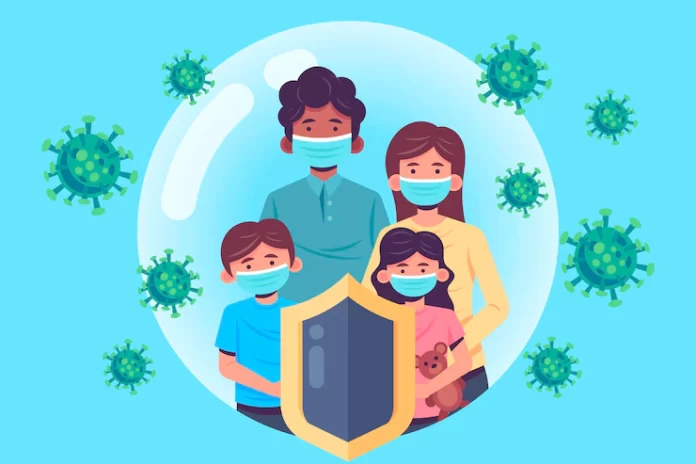Consumerism is a perennial buzzword in healthcare. But it’s a tricky and somewhat controversial trend to define, as some argue recasting patients as mere consumers of healthcare extracts some humanity from the equation of delivering medical care.
During the first day of HIMSS’ annual healthcare conference, speakers at the executive summit attempted to put some context around the term, and delineate how hospitals can weave consumerism into their operations to try to provide better patient experience and care.
Even before COVID-19, the healthcare landscape had started evolving from a provider-oriented world, with decisions being made around the physician, to a consumer-centric one, based on the health needs of unique individuals. As such, it’s important to approach consumerism from a clinical — not a clinician — perspective, panelists said.
That means keeping the entire patient experience top of mind, instead of just the experience the doctor is used to providing.
The biggest question hospitals should be asking themselves is, “How do we think about meeting the primary care needs of those patients as consumers?” Tom Kiesau, lead of Chartis Digital at the Chartis Group, said on a Monday panel.
For many physicians, it’s a “battle” with management to define the difference between a patient and a consumer, but “they’re two sides of the same coin,” said Tarun Kapoor, SVP and chief digital transformation officer at Virtua Health, a nonprofit system in southern New Jersey.
One way to think of it is a person is a consumer if they’re shopping between locations to get a flu shot, but they become a patient when they’re forming a deeper, more longitudinal relationship with a physician or provider. The “key component for us, for all of us, is the integration of those journeys,” Kapoor said. “Those folks who can figure out how to integrate it seamlessly will win the day.”
Integrating this seamlessly is easier said than done, however.
As provider competition ramped up over the past decade or so, hospitals began to see consumer-focused amenities like same-day scheduling or concierge programs as a way to boost online ratings and cement patient loyalty, without sacrificing the bottom line. Consumerism was top of many executives’ minds even before the COVID-19 pandemic caused demand for digital health products to soar.
But despite consumerism growing in importance, few hospitals have fully committed to the trend, according to a Kaufman Hall survey of health systems conducted last year.











